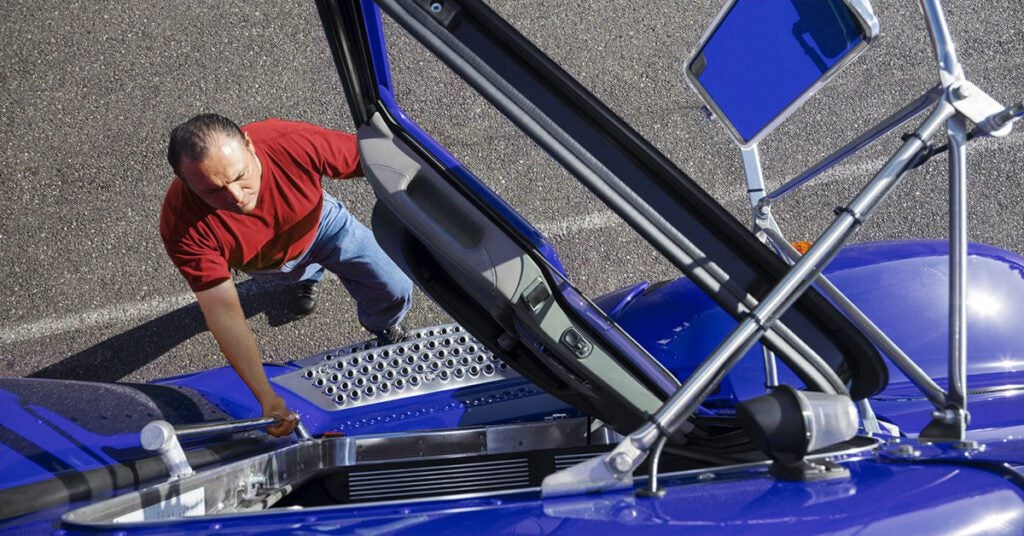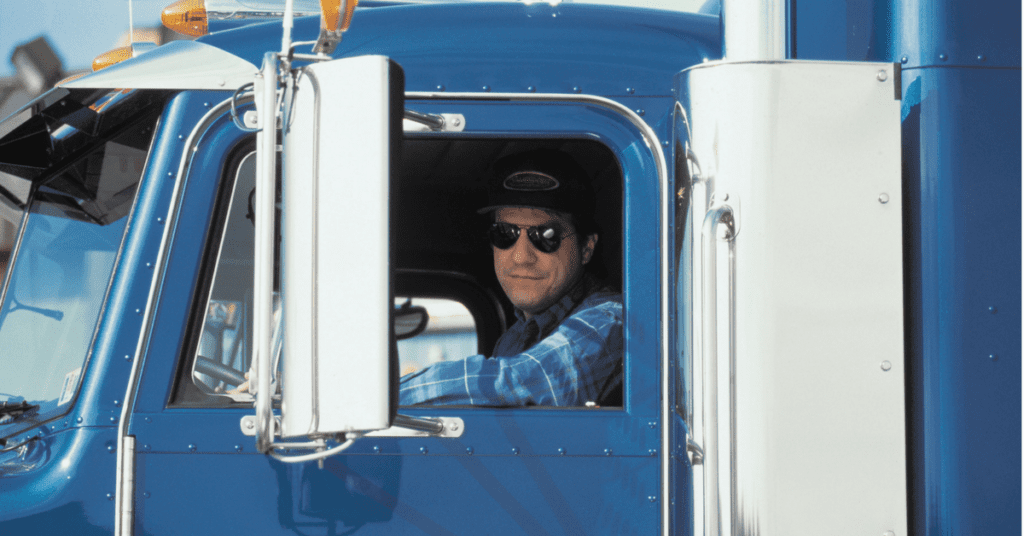Cargo insurance policies are not all made equal. Insurers compete, and vary, on the breadth of coverage, service, loss prevention, and pricing. While a low cost policy may catch your eye, it may also provide less coverage than you need. Since cargo insurance covers the carrier’s legal liability as a transporter of freight, it is not something you want to skimp on. The good news is that several insurers offer good policies at affordable cost, if you know what to look for. But it requires some research, and partnering with an insurance agent that understands your business.
Here are 5 things to look for in your cargo insurance policy:
1. Description of Covered Property: This section tells you what is covered and – more importantly – what isn’t. Here are a few examples:
• Policy covers only ferrous metals – if it does not contain iron, like aluminum and copper, it will not be covered
• Policy excludes garments – anything a person wears, such a socks or shirts, will not be covered
• Policy excludes electronics – this is often followed by wording such as: “including, but not limited to cell phones, laptops, etc.” The list can be misleading. Excluding electronics from the policy means that anything that plugs in or uses batteries will not be covered.
2. Insuring Agreement: There are essentially two different types of agreements – make sure you know which one you have.
• Named Peril Policy – this agreement covers only those perils that are listed, subject to exclusions. Such “perils” include overturn of vehicle, collision, bridge collapse, etc. Theft is often covered, but exclusions or endorsements (see below) may remove coverage for driver theft or theft from an unattended vehicle. This is a narrow policy because if your incident is not included on the list you will not be covered.
• Special Cause of Loss policy – formerly known as the “All Risk” policy, this agreement states that all risk of direct physical loss is covered, subject to exclusions. As long as it is not on the exclusion list, your claim will be covered.
3. Exclusions: Pay close attention to this section. This is where you will find perils that are not insured. Some common exclusions include:
• Theft by the driver (or any employee)
• Theft from an unattended vehicle – “unattended” can be as brief as going into a rest stop restroom. Many policies will only cover an unattended vehicle if it is completely locked and located in a secure place. With the exception of terminal yards of large trucking companies, though, secure places (i.e. inside a building or in a fenced, lighted, and locked yard with guards) are hard to find.
• Loss when trailer is not attached to a power unit
4. Scheduled Vehicle Policies: When the FMCSA eliminated the cargo insurance requirement, we lost the only enforcement tool we had – the BMC-32 endorsement. Now, the use of a truck that is not listed on the policy will not be covered, no matter the reason.
5. Endorsements: This section covers modifications to the policy. Insurers may expand, restrict, or eliminate coverage. For example, cargo policies exclude temperature damage, but an endorsement provides coverage if the damage is caused by a breakdown or malfunction of the refrigeration unit. Pay close attention to reefer endorsements. Remember that endorsements can add to OR limit your policy. Here are a few common endorsements to look for:
• Removal of refrigeration breakdown coverage for lack of maintenance records, or for old units
• Provide limited theft coverage for unattended vehicles, if certain security requirements are met
• Removal of any theft coverage for unattended vehicle
The most common error carriers make when analyzing a cargo policy is to only look at the Exclusions section. Make sure you read the full policy and understand its limits.
Good policies are out there. Do your homework and find an insurance agent that knows your industry and will answer your questions.
Mark Yunker, vice-president of business insurance agency RJ Ahmann Company, is an expert in the area of contingent cargo insurance for the transportation industry. With more than 20 years of experience, Mr. Yunker is a consultant to DAT on insurance issues.


